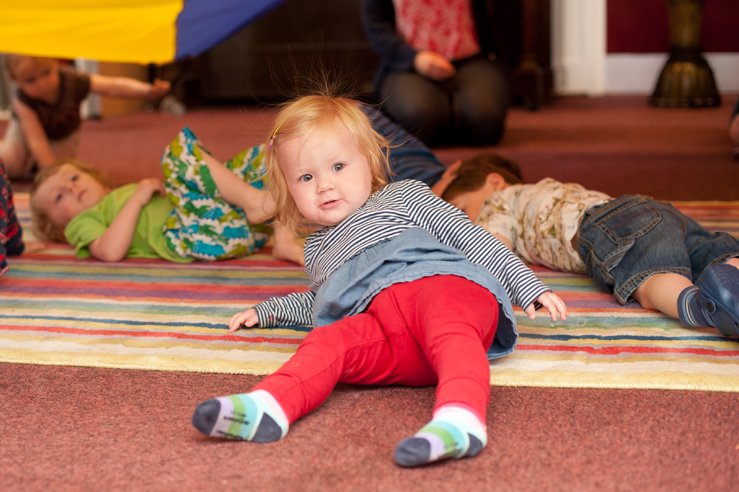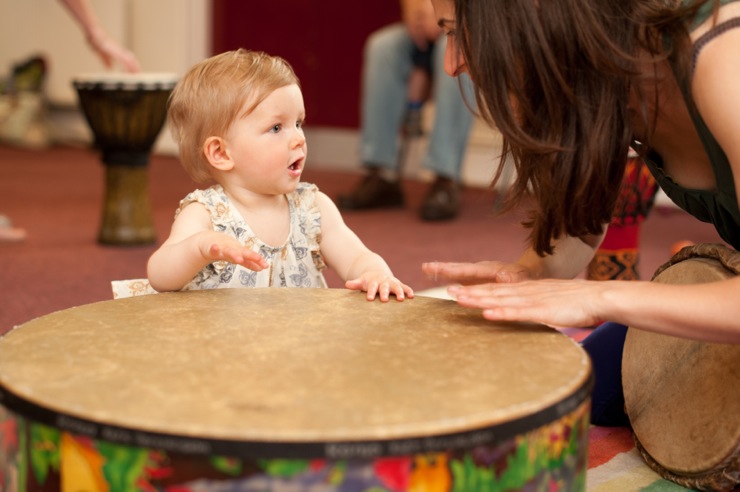Music is known to be one of the best ways of supporting your little one’s literacy development in the years before school starts.
“A 2016 study at the University of Southern California’s Brain and Creativity Institute found that musical experiences in childhood can actually accelerate brain development, particularly in the areas of language acquisition and reading skills. According to the National Association of Music Merchants Foundation (NAMM Foundation), learning to play an instrument can improve mathematical learning and even increase SAT scores.” See the article on Music and the Brain, at https://www.brighthorizons.com/family-resources/music-and-children-rhythm-meets-child-development
Bright Horizons continues:
“But academic achievement isn’t the only benefit of music education and exposure. Music ignites all areas of child development and skills for school readiness, including intellectual, social-emotional, motor, language, and overall literacy. It helps the body and the mind work together. Exposing children to music during early development helps them learn the sounds and meanings of words. Dancing to music helps children build motor skills while allowing them to practice self-expression. For children and adults, music helps strengthen memory skills.”
—————
Lots of studies have demonstrated a strong link between music and reading. For example, being good at music at ages 3-6 can actually be used to predict reading abilities and phonological (phonics) awareness (David et al 2007) Phonological awareness is a literacy skill which is now at the centre of how children are taught to read through phonics.
What is phonological awareness, and what has it got to do with music?
Phonological awareness is about being able to hear the component sounds in words (being able to separate “shop” into sh-op, and finally, into sh-o-p) ,which is actually harder to do than it sounds!
At Mish Mash, we know that singing fun songs together is brilliant at slowing down the sounds, (which is why nursery rhymes and songs have always been a part of children’s early years education. ) Fun songs that children want to sing have them singing, and also drumming, shaking and tapping along with the syllables of words, builds essential phonological awareness.
At Mish Mash, so many of our songs are about making speech sounds, call and response, copying rhythms and phrases. It’s woven into the structure of the classes so that your little one won’t even know they are developing these basic building blocks to phonic knowledge.
Being able to split words in this way is essential in learning to read and spell. It allows children to link sounds to letters they see. This gives them the building blocks they need to build up letters to make words (spelling) or break them down when they see them on the page (reading). The current reading programs in Western schools are based on this major breakthrough.
Long before they are able to understand the individual meaning in words, they are able to hear the musical ups and downs of the spoken and singing voices of those around them. And they are able to tell the difference between the sing-song sounds of their own language, in comparison with those of a foreign language. (Kuhl – many studies – also check out her Ted Talk about the linguistic genius of babies).
This idea of music as your child’s first language is more than just a metaphor. Brain imaging studies have found that music and language are processed by the same parts of the brain, and also have a similar structure. (Miranda 2007)To support your little one’s language development, music is key.


